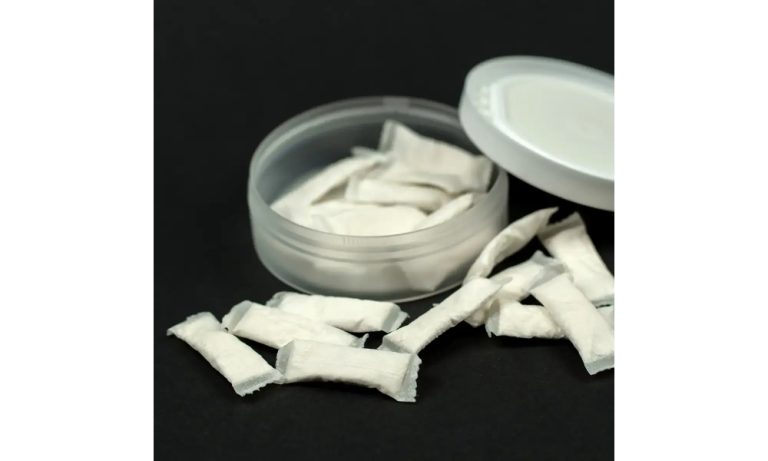
According to the World Health Organization, a couple is considered infertile when they do not achieve pregnancy after trying for a year . In Spain it is estimated that some 800,000 couples are in this situation, between 15 and 20% of those of childbearing age.
In 40% of cases the causes of infertility are of female origin; in another 40%, male; and in 20%, mixed or unknown. But the figures could be even higher, since the calculation is based on couples seeking help and does not take into account those who quit without doing so. With the check this site this is important.
The Causes Of Infertility
The causes of infertility can be very varied ; Various factors related to lifestyle have been identified that increase the probability of suffering it, mainly age, diet, oxidative stress, environmental pollutants, variations in body weight and habitual consumption of tobacco, alcohol and caffeine.
Age mainly affects women, while in men its influence is not so decisive. The ovarian reserve decreases from the age of 25 and its decline accelerates at 35, reducing the chances of pregnancy. Added to this is a deterioration in the quality of the eggs. In women who delay motherhood, which is increasingly common, the search for a child no longer coincides with the peak of fertility.
Here are some basic steps you can take to improve your chances of achieving pregnancy:
The Most Recommended Diet To Enhance Fertility
There are no panaceas in food, but it is admitted with very few doubts that a balanced and varied diet is important when it comes to promoting fertility . As we will see next, in the delicate balance that makes fertilization possible, the role of certain nutrients is essential.
More “Good” Fats
Omega-3 consumption is insufficient in western countries for the benefit of omega-6s. This should be taken into account, since a correlation has been observed between its consumption and sperm quality parameters such as concentration and mobility. These fatty acids can also be oxidized, so an oxidative overload can alter the composition of sperm membranes and reduce fertility.
In women, a low-fat diet has been associated with disturbances of the menstrual cycle . Excessive consumption of trans fat has also been associated with female infertility.
In men, the sperm membrane contains high concentrations of polyunsaturated fatty acids, especially omega-3s, which give it the fluidity necessary to fertilize.
Basic Vitamins And Minerals
The seminal liquid contains antioxidant compounds. Its function is to counteract the damage that free radicals could cause to both sperm and oocytes or even to the embryo, endangering its implantation in the uterus. Oxidative stress affects the basic functions that determine the success of a pregnancy.
Some vitamins and minerals can help reduce oxidative stress and improve female fertility:
- Vitamins C and E, carotenoids, selenium and polyphenols are great antioxidants and improve the viability of pregnancy. Foods like citrus and most vegetables and greens would act in this regard.
- Folates (involved in the synthesis of DNA and RNA).
- Its deficit in pregnancy is associated with congenital malformations and an increased risk of non-viable pregnancy.
Vitamin E has also been linked to fertility, since in laboratory animals its lack produces sterility. However, although it was once called “anti-sterility factor”, its usefulness in fertility has not been proven.







